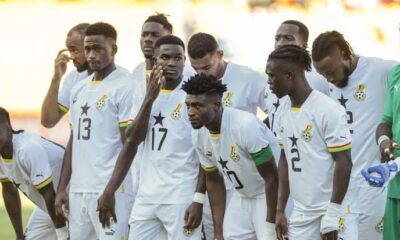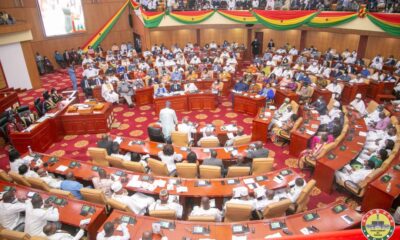VenturesNow
Ghana raises clean energy capacity by 40%, as gas flows at Sankofa
Production of natural gas has started offshore Ghana, from two of the four deep-water subsea wells in the Sankofa field, connected to the Floating Production, Storage and Offloading (FPSO) vessel “John Agyekum Kufuor”
VenturesNow
IMF mission concludes 4th loan program assessment in Egypt
VenturesNow
Kenya seeks $750m from World Bank, obtains $200m from AfDB— Official
-

 Sports2 days ago
Sports2 days agoSA football legend Lucas ‘Masterpieces’ Moripe passes away
-

 Metro2 days ago
Metro2 days agoWanted Zambian MP who escaped from prison custody captured in Harare
-

 Metro1 day ago
Metro1 day agoNigerian Senate confirms influx of terrorists from Mali, Burkina Faso into the country
-

 Culture2 days ago
Culture2 days agoMiss SA opens up on why she withdrew from Miss Universe pageant
































